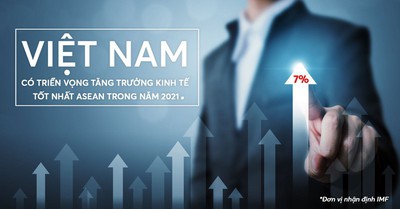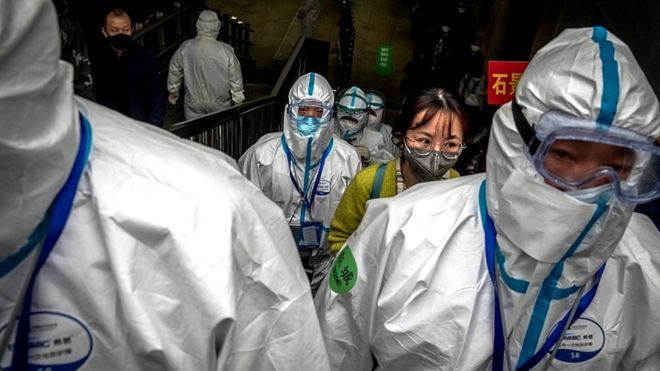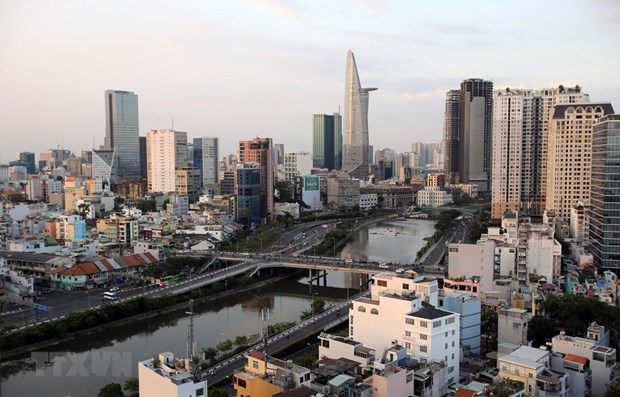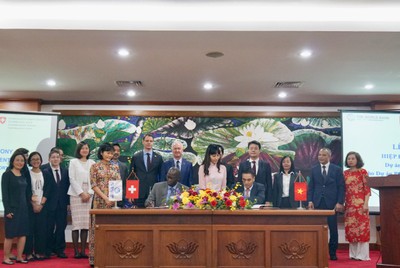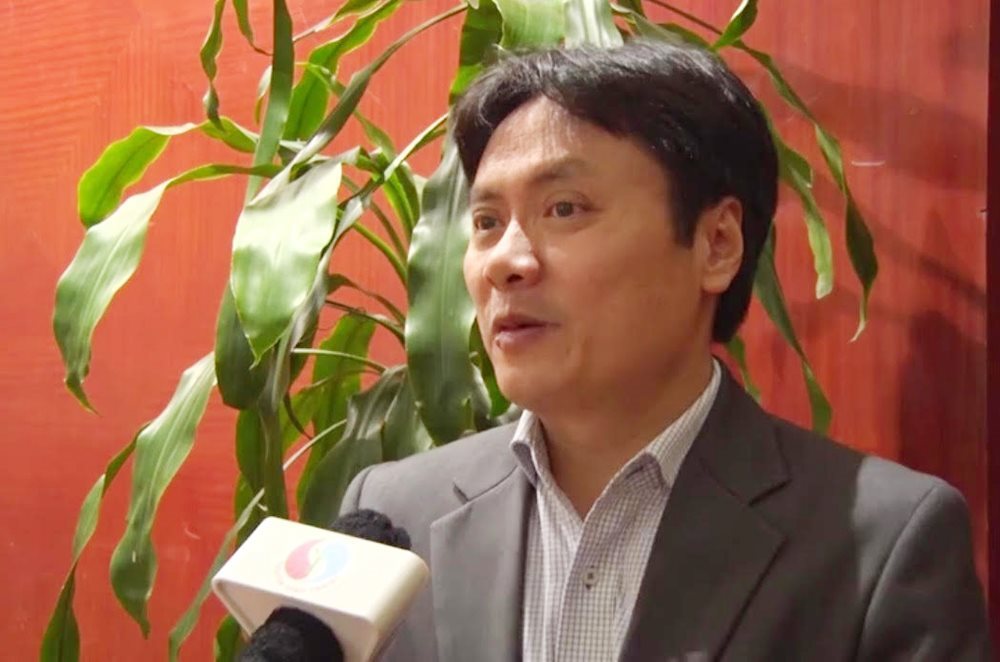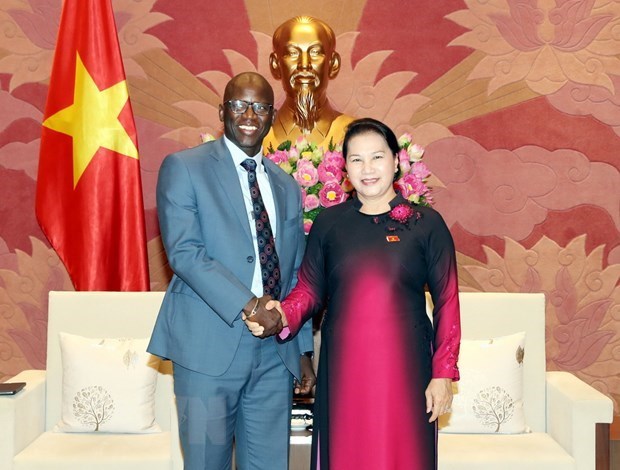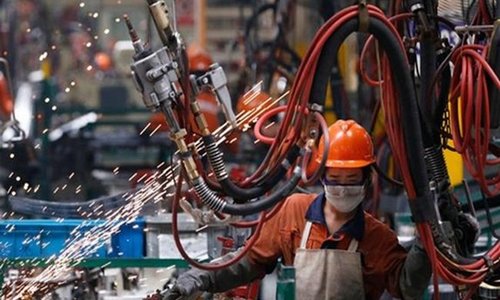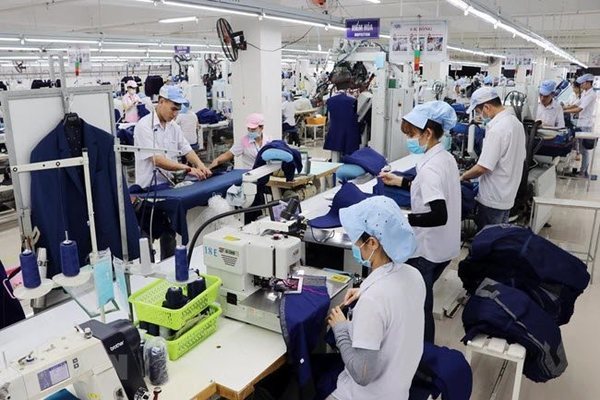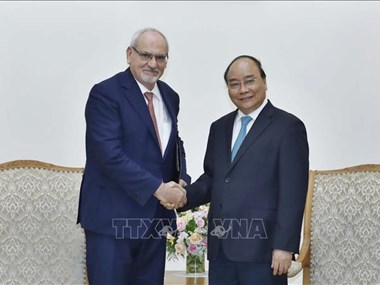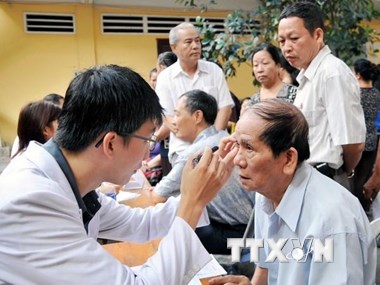- © Copyright of Vietnamnet Global.
- Tel: 024 3772 7988 Fax: (024) 37722734
- Email: [email protected]
WB
Update news WB
Vietnamese retail to be at heart of post-pandemic recovery
 If the Vietnamese economy is able to successfully enjoy a rapid economic recovery following the conclusion of the novel coronavirus (COVID-19) pandemic, the retail industry will be one of the driving factors in this revival process.
If the Vietnamese economy is able to successfully enjoy a rapid economic recovery following the conclusion of the novel coronavirus (COVID-19) pandemic, the retail industry will be one of the driving factors in this revival process.
Vietnam economy hit hard by COVID-19 pandemic: WB
 Vietnam has been hit hard by the current novel coronavirus pandemic (COVID-19), but it will show signs of recovery in the post-coronavirus period, the World Bank said in its Vietnam Macro Monitoring report for May.
Vietnam has been hit hard by the current novel coronavirus pandemic (COVID-19), but it will show signs of recovery in the post-coronavirus period, the World Bank said in its Vietnam Macro Monitoring report for May.
China's virus-hit economy shrinks for first time in decades
Its economy shrank 6.8% in the first three months of 2020 as it battled the virus and lockdowns
Vietnamese economy stays resilient to external shocks: WB
 While Vietnam remains significantly exposed to the COVID-19 outbreak and the ongoing turbulence in the global financial markets, its economy stays resilient to external shocks in the first few months of 2020, according to the World Bank (WB).
While Vietnam remains significantly exposed to the COVID-19 outbreak and the ongoing turbulence in the global financial markets, its economy stays resilient to external shocks in the first few months of 2020, according to the World Bank (WB).
Air pollution’s effects on Vietnam’s economic structure
 According to Hoang Duong Tung, chair of the Vietnam Clean Air Network, former deputy general director of the General Directorate of Environment, PM 2.5 fine dust and ozone are the two most worrying issues.
According to Hoang Duong Tung, chair of the Vietnam Clean Air Network, former deputy general director of the General Directorate of Environment, PM 2.5 fine dust and ozone are the two most worrying issues.
HCM City calls for WB’s support to build int’l financial centre
 A leader of Ho Chi Minh City on January 17 expressed his hope that the World Bank (WB) will assist Vietnam’s southern economic hub to build an international financial centre.
A leader of Ho Chi Minh City on January 17 expressed his hope that the World Bank (WB) will assist Vietnam’s southern economic hub to build an international financial centre.
WB, Switzerland supports HCM City’s new Bus Rapid Transit corridor
 On January 15, the WB and Ministry of Finance signed a financing agreement for a grant worth US$10.5 million to promote integrated urban development and transport connectivity along a new Bus Rapid Transit corridor in HCM City.
On January 15, the WB and Ministry of Finance signed a financing agreement for a grant worth US$10.5 million to promote integrated urban development and transport connectivity along a new Bus Rapid Transit corridor in HCM City.
Creating a decade of sustainable environment
 In the 2021-2030 period, Vietnam aims to prevent pollution and environmental degradation, and gradually improve environmental quality.
In the 2021-2030 period, Vietnam aims to prevent pollution and environmental degradation, and gradually improve environmental quality.
NA Chairwoman Nguyen Thi Kim Ngan receives WB’s country director
 National Assembly (NA) Chairwoman Nguyen Thi Kim Ngan on November 21 appreciated the World Bank (WB)’s comprehensive cooperation with Vietnam and its contributions to the country’s development in recent times.
National Assembly (NA) Chairwoman Nguyen Thi Kim Ngan on November 21 appreciated the World Bank (WB)’s comprehensive cooperation with Vietnam and its contributions to the country’s development in recent times.
Vietnam slips further in WB’s Doing Business 2020 ranking despite scoring higher
 Vietnam has made significant improvements in getting credit and paying taxes, resulting in increases of 5 and 6.1 points against last year’s results.
Vietnam has made significant improvements in getting credit and paying taxes, resulting in increases of 5 and 6.1 points against last year’s results.
Vietnam’s GDP back on 7% track with manufacturing and services
 Vietnam’s growth is exceeding expectations, prompting economists and researchers to revise forecasts for the nation in the near term, while remaining cautious due to fears of a global economic recession.
Vietnam’s growth is exceeding expectations, prompting economists and researchers to revise forecasts for the nation in the near term, while remaining cautious due to fears of a global economic recession.
Vietnam’s logistics industry receives Asian investment
 Japanese and South Korean are running a race to pour capital into Vietnam’s logistics industry.
Japanese and South Korean are running a race to pour capital into Vietnam’s logistics industry.
PM hosts CEO of International Finance Corporation
 Prime Minister Nguyen Xuan Phuc received Philippe Le Houerou, CEO of the International Finance Corporation (IFC) – a member of the World Bank (WB) Group, in Hanoi on August 15.
Prime Minister Nguyen Xuan Phuc received Philippe Le Houerou, CEO of the International Finance Corporation (IFC) – a member of the World Bank (WB) Group, in Hanoi on August 15.
Vietnam assisted to meet needs of aging population
 JICA and WB on August 7 jointly launched a knowledge-sharing programme to assist policymakers in Vietnam with developing new models of care services for the elderly as Vietnam’s population is aging at a pace faster than any of its regional peers.
JICA and WB on August 7 jointly launched a knowledge-sharing programme to assist policymakers in Vietnam with developing new models of care services for the elderly as Vietnam’s population is aging at a pace faster than any of its regional peers.
Tax on plastic packaging proposed
 Warning about the increasingly high amount of plastic waste and the serious environmental consequences, the Ministry of Natural Resources and Environment will propose a tax on plastic packaging to limit production and consumption.
Warning about the increasingly high amount of plastic waste and the serious environmental consequences, the Ministry of Natural Resources and Environment will propose a tax on plastic packaging to limit production and consumption.
Census results to help government form new policies
 Within four months, the preliminary results of the Vietnam 2019 Population and Housing Census will be made public. Information about population, education level, jobs, housing and migration will be helpful to form new policies.
Within four months, the preliminary results of the Vietnam 2019 Population and Housing Census will be made public. Information about population, education level, jobs, housing and migration will be helpful to form new policies.
Vietnam’s economic growth scenarios for 2019
VietNamNet Bridge - International institutions have predicted high GDP growth rates for Vietnam in 2019, but do not expect them to be more than 7 percent.
BUSINESS NEWS IN BRIEF 27/3
Hai Phong needs VND3.5 trillion to develop logistics by 2020, MoF urges PVN to accelerate divestment in sensitive sectors, FLC proposes new airline catering service processing area, WB, Binh Duong discuss infrastructure cooperation
World Bank pledges to support Vietnam in infrastructure development
VietNamNet Bridge – The World Bank is willing to work with Vietnam in infrastructure development and wants to share Vietnam’s experience with other countries in this sphere,
Vietnam warned of GDP growth slowdown
VietNamNet Bridge - While giving different predictions about Vietnam’s GDP growth rate in 2019, institutions all agree that Vietnam will have to face high risks in the time to come.
